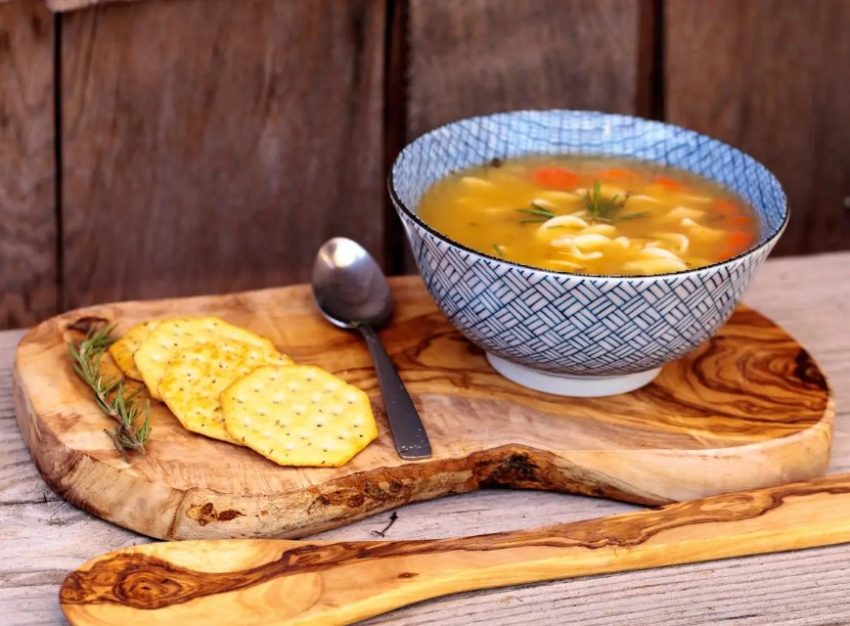Investigate the most detrimental foods to consume with diarrhea and provide responses to commonly posed inquiries regarding the management of this condition.
Diarrhea is a prevalent gastrointestinal concern that can disrupt your daily activities and result in feelings of weakness and dehydration. While maintaining hydration and rest is essential, your dietary choices significantly impact recovery. Certain foods can intensify symptoms, prolonging discomfort and hindering recovery. In this article, we examine the most harmful foods to consume with diarrhea and provide responses to commonly posed inquiries regarding the management of this condition.
What foods are detrimental to eat when experiencing diarrhea?
Dairy Products
Rationale for Avoidance: Diarrhea may lead to transient lactose intolerance, complicating the digestion of lactose found in dairy products. Consuming milk, cheese, or ice cream can aggravate symptoms such as bloating, gas, and loose stools.
Alternatives: Select lactose-free or plant-based milk substitutions, such as almond or oat milk, which are gentler on the digestive system.
Fatty and Fried Foods
Rationale for Avoidance: Foods that are rich in fat are challenging to digest and may heighten intestinal contractions, resulting in more frequent and watery stools. Fried foods, greasy burgers, and rich cream sauces should be avoided.
Alternatives: Opt for lean proteins like boiled chicken or turkey and employ steaming or baking instead of frying.
Spicy Foods
Rationale for Avoidance: Spicy foods can irritate the gastrointestinal tract and worsen diarrhea. Ingredients such as chili peppers and hot sauces can elevate stomach acid, causing increased discomfort.
Alternatives: Adhere to mild foods with minimal seasoning, such as plain rice, applesauce, and bananas.
Sugary Foods and Beverages
Rationale for Avoidance: Elevated sugar consumption can draw water into the intestines, exacerbating diarrhea. Sugary beverages, candy, and desserts can aggravate symptoms.
Alternatives: Hydrate with water, herbal infusions, or oral rehydration solutions. If a sweet craving arises, consider small portions of fruit such as blueberries or strawberries.
Caffeine
Rationale for Avoidance: Caffeinated beverages such as coffee, tea, and soft drinks can stimulate the digestive system, resulting in increased bowel movements. They also carry a diuretic effect, which may contribute to dehydration.
Alternatives: Decaffeinated herbal teas or water are superior choices for remaining hydrated without upsetting the stomach.
Alcohol
Rationale for Avoidance: Alcohol can irritate the gastrointestinal tract, leading to heightened diarrhea and dehydration. It disrupts the equilibrium of beneficial bacteria within the gut, slowing down recovery.
Alternatives: Refrain from alcohol consumption until symptoms fully resolve. Focus on water and rehydration solutions.
High-Fiber Foods
Rationale for Avoidance: Although fiber is generally beneficial for digestion, high-fiber foods like beans, broccoli, and whole grains can be excessively harsh during episodes of diarrhea. They can lead to increased gas and bloating.
Alternatives: Choose low-fiber foods such as white rice, white bread, and cooked carrots.
Raw Vegetables
Rationale for Avoidance: Raw vegetables can strain the digestive system and may lead to elevated bloating and gas. Their high fiber content can further irritate the intestines.
Alternatives: Select cooked vegetables like carrots, green beans, and zucchini, which are easier to digest.
Artificial Sweeteners
Why Avoid: Sorbitol and other synthetic sweeteners present in sugar-free confections and gum may have a laxative effect, aggravating diarrhea.
Alternatives: Utilize natural sweeteners such as honey or maple syrup in minimal amounts, or eliminate sweeteners entirely until symptoms improve.
Nuts and Seeds
Why Avoid: The elevated fiber and fat content in nuts and seeds can be challenging to digest and intensify diarrhea symptoms.
Alternatives: Steer clear of nuts and seeds until symptoms diminish, and then gradually reintroduce them.
FAQs About Diet and Diarrhea
What foods are safe to consume when experiencing diarrhea?
The BRAT dietbananas, rice, applesauce, and toastis frequently suggested. These items are mild, low in fiber, and assist in solidifying stools. Additionally, consider boiled potatoes, plain crackers, and clear broths.
How long should I abstain from these foods after diarrhea begins?
It is advisable to refrain from these foods until your symptoms have entirely resolved and you have experienced at least 24-48 hours of regular bowel movements. Slowly reintroduce foods to prevent shocking your digestive system.
Is it acceptable to consume sports drinks for hydration?
Although sports drinks can aid in hydration and electrolyte balance, they often contain elevated levels of sugar, which can worsen diarrhea. Choose oral rehydration solutions or dilute sports drinks with water.
Can probiotics assist with diarrhea?
Probiotics can aid in reestablishing the equilibrium of beneficial bacteria in your gut and may reduce the duration of diarrhea. Yogurt with live cultures or probiotic supplements can be advantageous.
When should I consult a physician regarding diarrhea?
Seek medical assistance if diarrhea continues for more than 48 hours, if you experience severe abdominal discomfort, high fever, blood in stools, or signs of dehydration such as dizziness, dry mouth, or reduced urination.
Managing diarrhea involves more than merely staying hydrated; dietary selections play a vital role in your recuperation. By avoiding these detrimental foods and adhering to a bland, low-fiber diet, you can help mitigate symptoms and foster quicker healing. Always heed your body and consult with a healthcare professional if symptoms persist or exacerbate.
